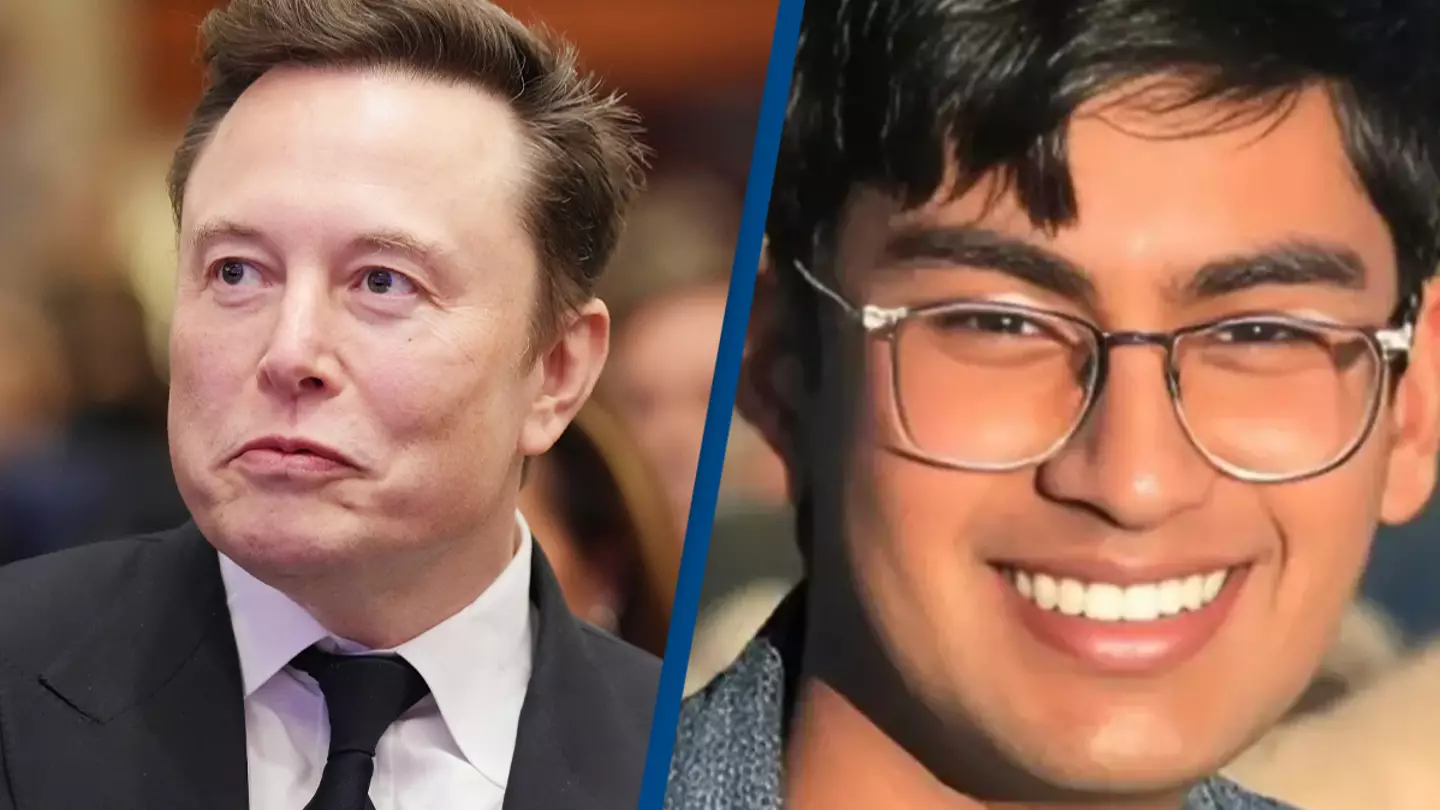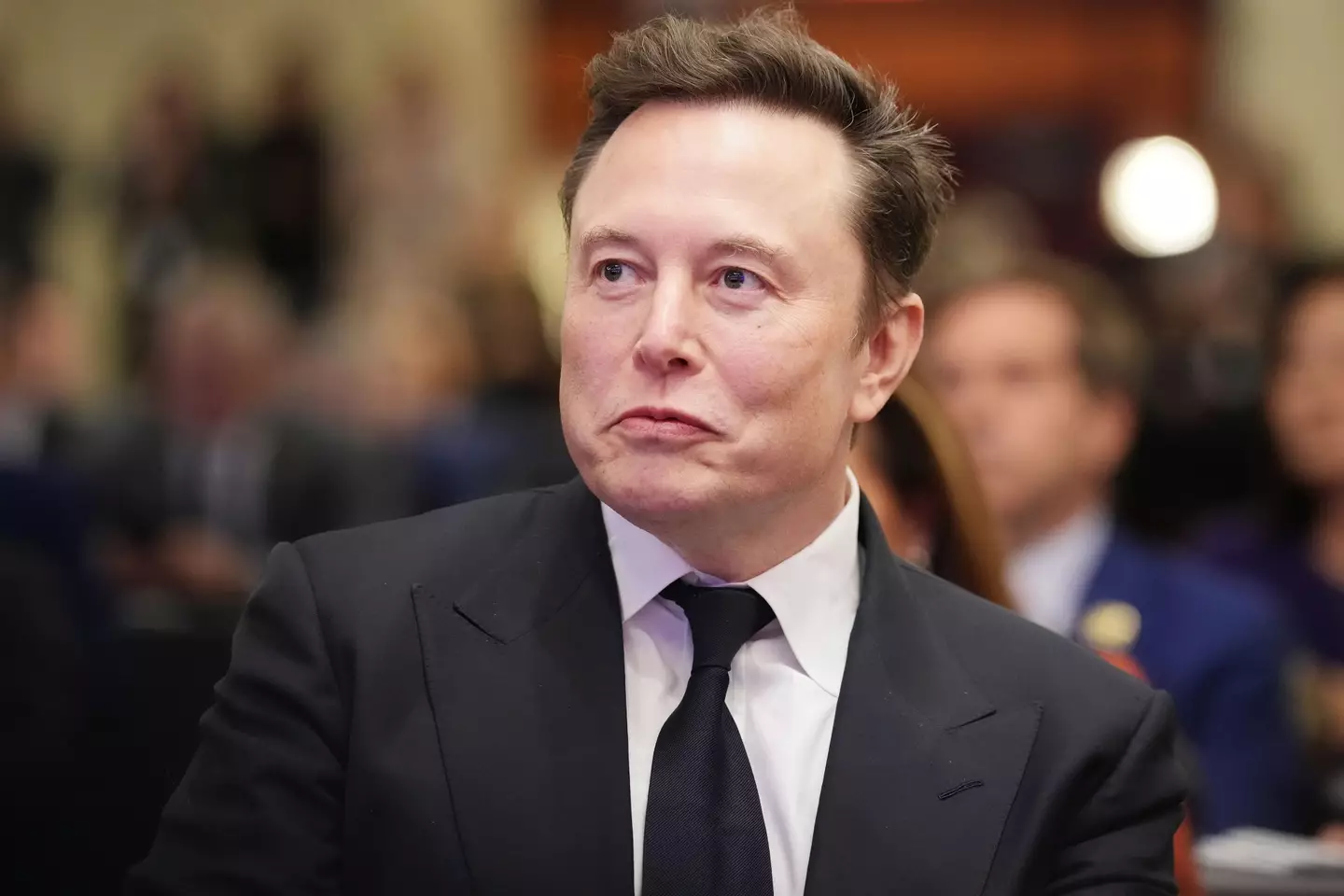
Suchir Balaji, 26, was found in his San Francisco apartment on November 26, after police received a call asking officers to check in on his wellbeing.
He was a researcher at the artificial intelligence company for four years, but upon leaving the company, he spoke out against the alleged methods they were using to train AI chatbots like ChatGPT.
Balaji studied computer science at the University of California, Berkeley, before joining the technology organisation – but found he was unhappy about what was allegedly going on behind the scenes.
OpenAI has been fighting a number of lawsuits relating to its data-gathering practices, after stating that its system is trained on ‘publicly available data’.
:max_bytes(150000):strip_icc():focal(753x481:755x483)/Suchir-Balaji-121424-1-636630bddf17482d8e346b8a65d1c946.jpg)
The former researcher left OpenAI in August (SUCHIR BALAJI/X)
While The San Francisco medical examiner’s office determined that Balaji’s death was as a result of suicide, tech mogul Elon Musk doesn’t seem to be convinced.
Hearing about the news on his platform X, he re-shared a post – captioning it ‘hmmm’.
In July 2023, the Tesla CEO announced that he was creating a rival AI start-up in a bid to compete with ChatGPT.
This is, of course, after months of warning people that AI could see ‘civilisational destruction’ if regulations weren’t drawn up in time.
In wake of the news of Balaji’s death, a spokesperson for OpenAI said: “We are devastated to learn of this incredibly sad news today and our hearts go out to Suchir’s loved ones during this difficult time.”

The tech giant has prompted speculation. (Andrew Harnik/Getty Images)
The 26-year-old had said in an interview with the New York Times he was worried OpenAI was breaching copyright laws.
He issued a warning to all his former colleagues, in which he stated: “If you believe what I believe, you have to just leave the company.”
However, in what turned out to be his final post on X, he cleared some things up.
Balaji wrote: “I recently participated in a NYT story about fair use and generative AI, and why I’m skeptical ‘fair use’ would be a plausible defense for a lot of generative AI products.
“That being said, I don’t want this to read as a critique of ChatGPT or OpenAI per se, because fair use and generative AI is a much broader issue than any one product or company.”
In response to Balaji’s allegations, OpenAI told the BBC its data gathering methods were ‘grounded in fair use and related international copyright principles that are fair for creators and support innovation’.


